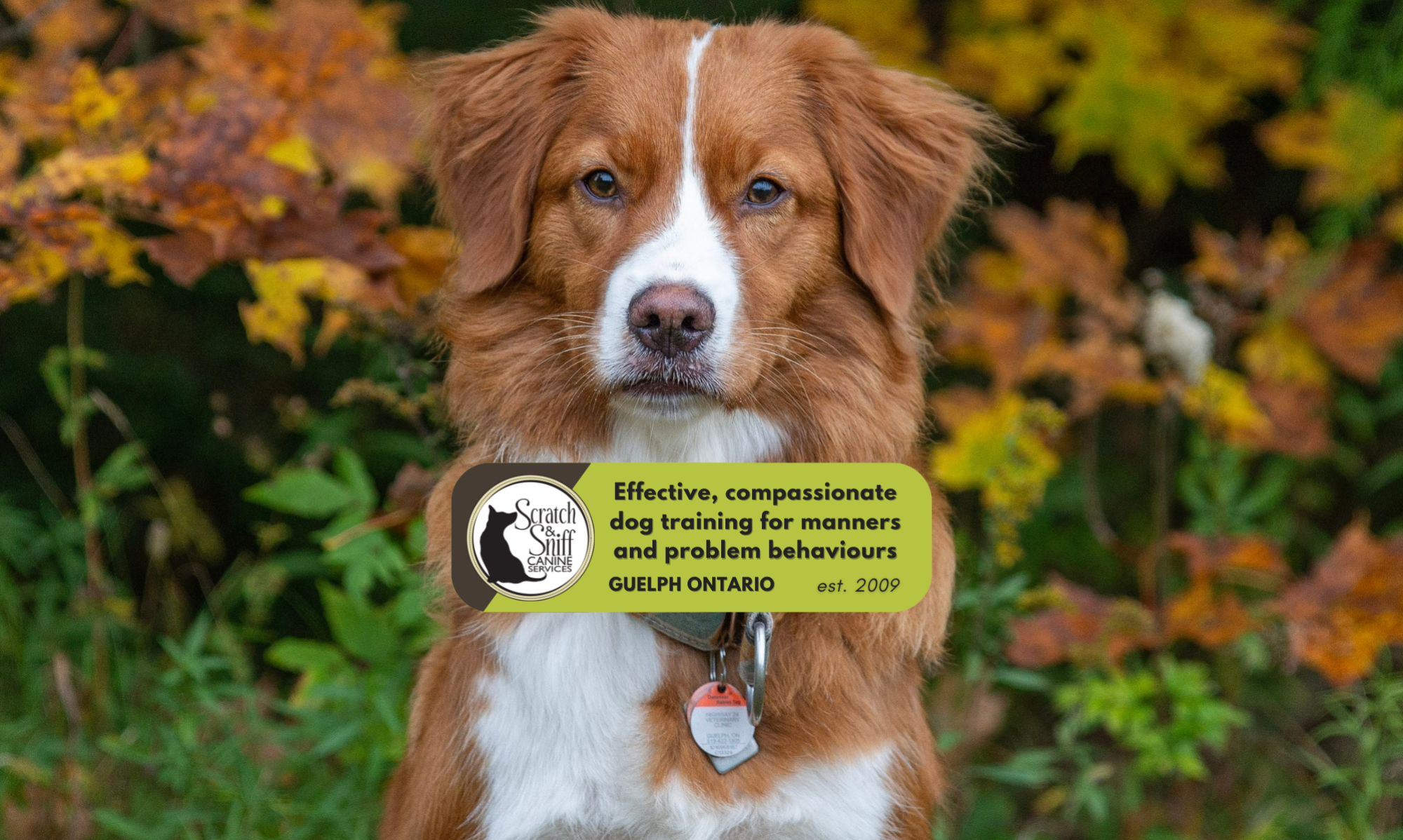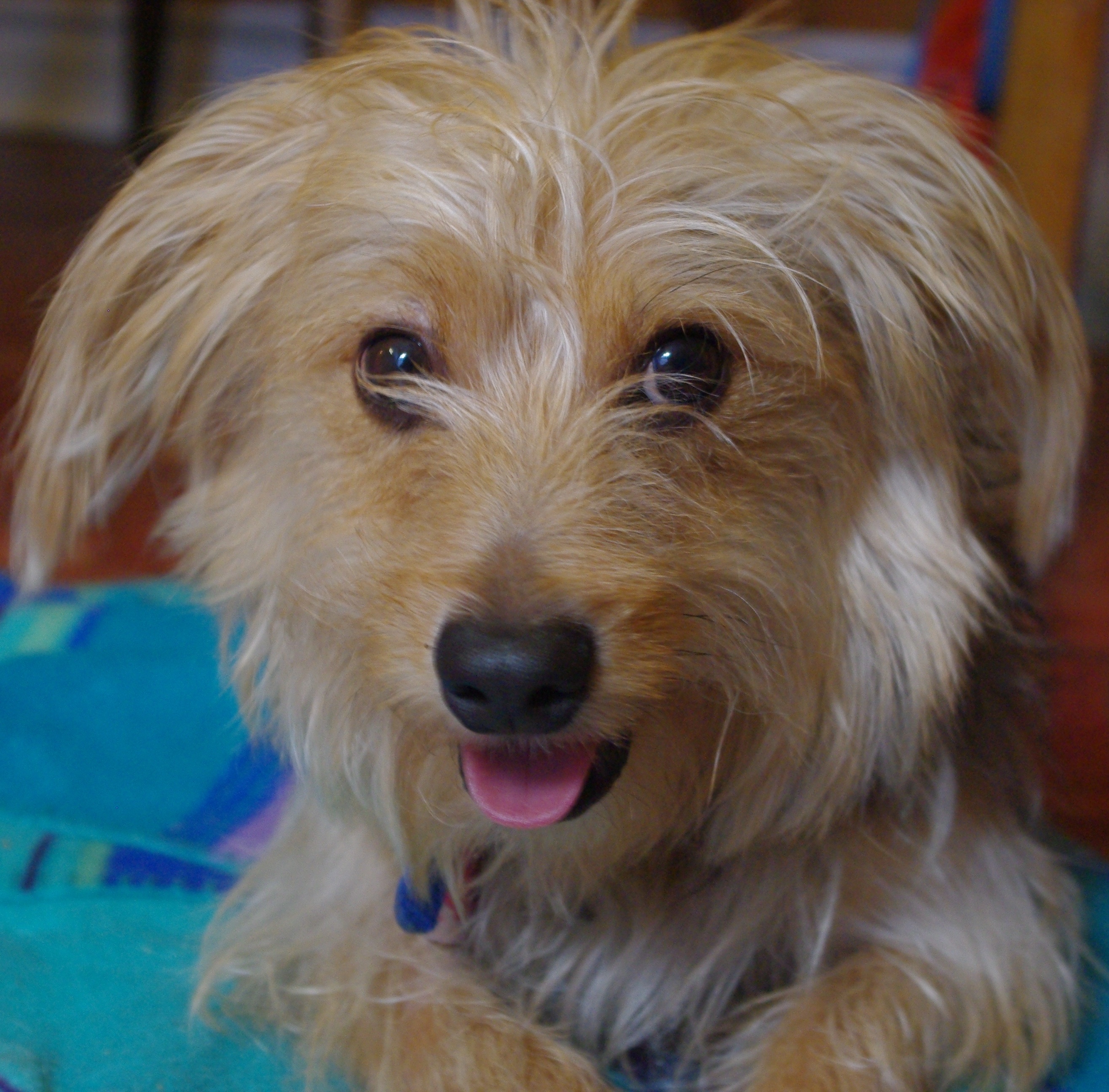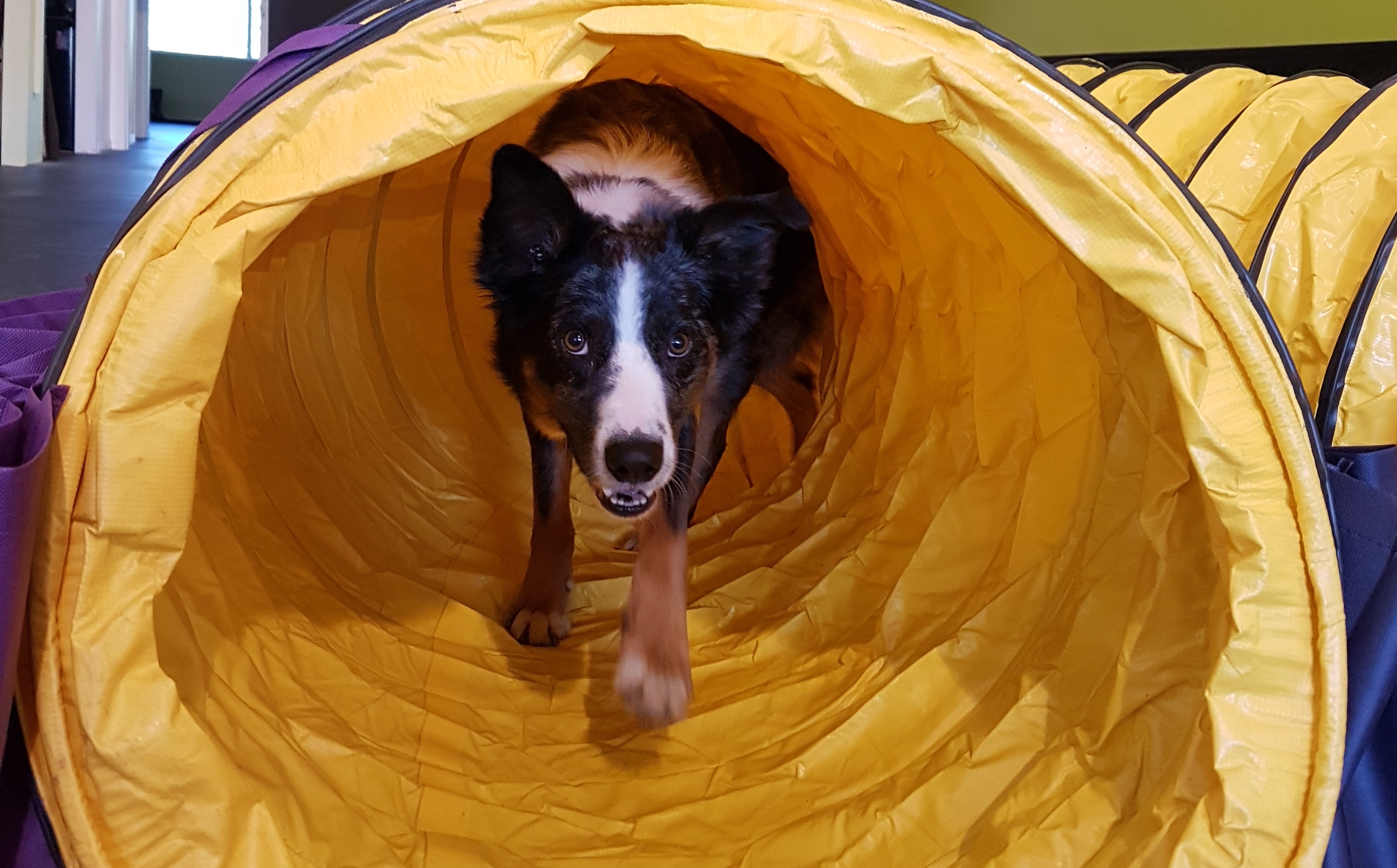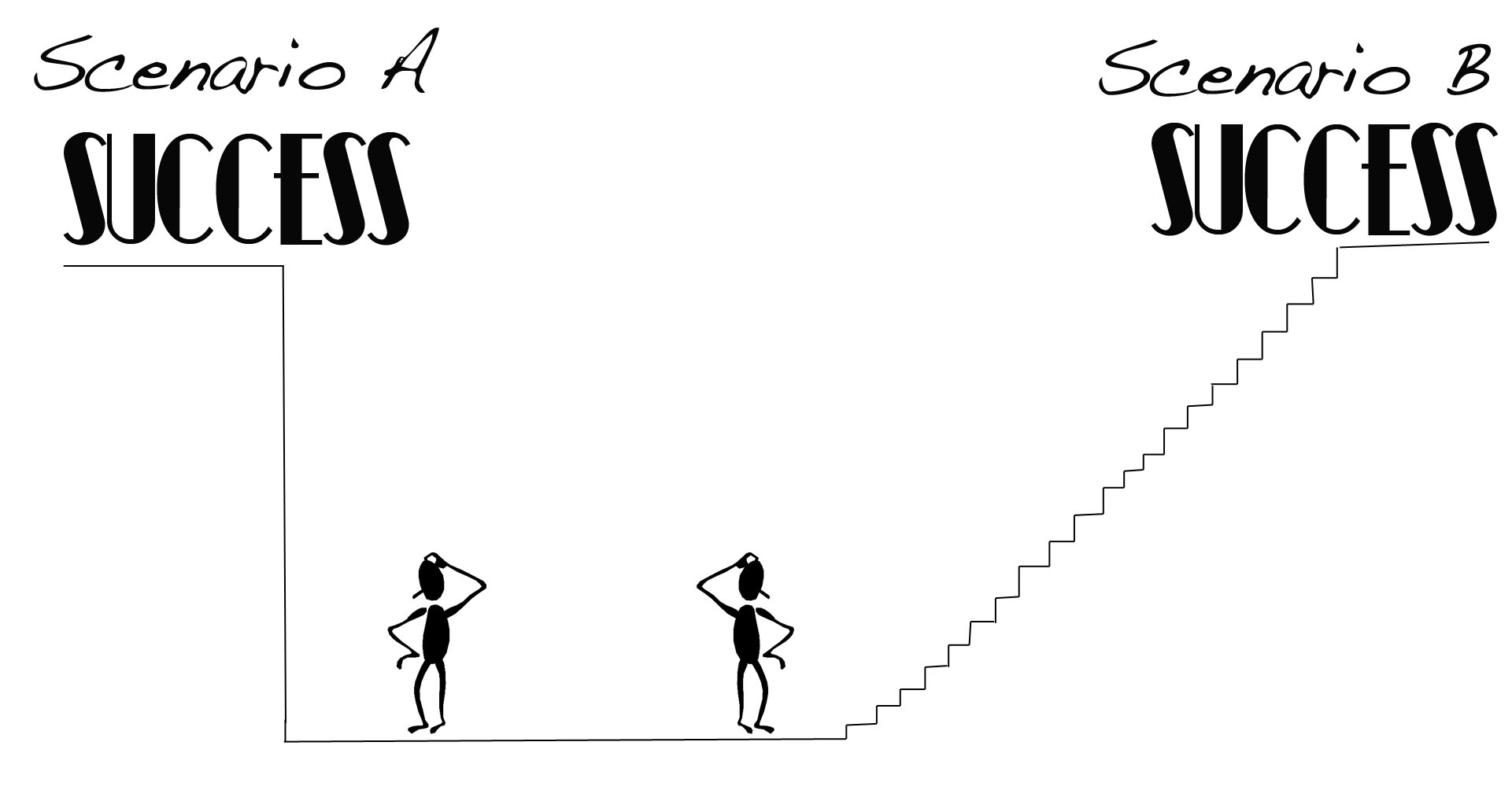Have you ever wondered how a trainer does it? Trainers aren’t hiding their magic wands from you! The steps below outline a few of the things great trainers do to help their dogs flourish and become the best dog they can be.
Don’t be stingy!
Training is not minimum wage work! Don’t expect your dog to work for less than you do at your job. Being stingy with reinforcements is a sure-fire way to minimize learning and demotivate your dog.
Reinforcement is feedback for your dog, letting her know she is on the right track. If you don’t provide reinforcements often enough, your dog will not be clear on the task. This is equivalent to emailing your boss for clarification on a project and not getting a reply for a week. If you don’t provide a sufficiently valuable reinforcement, your dog will not be motivated to stick with the training session. Would you clean my eavestroughs in exchange for a bag of used tissues?
Your dog needs the information and motivation that generous reinforcement provides. Expecting your dog to work for free or for minimum wage will damage your training goal.
Think ahead
Proactively planning your training sessions is key to success. Before even looking at your dog, chop your treats to the size of a pea, have your clicker on a wrist coil, and arrange a pouch at your side so you can quickly access treats – like a cowboy drawing his gun from his holster in an old western flick. Prepare any props you may need during the session, and place them off to the side of your training space until you are ready to use them.
Fumbling around by breaking up too-large treats, dropping your clicker, and spending an extra three seconds digging around in a poorly designed pouch are all ways to disrupt the flow of a training session – and ultimately lose your dog’s focus. Keeping a flow of clear feedback depends on your smart preparation ahead of the training session.
Clarity and structure
One of the best ways to set your dog up for success is to have a single focus during a training session and keeping it short (five minutes), especially if you are introducing a new behaviour or concept. If you are introducing “lie down,” for example, focus only on lying down. Do not also teach sit from the down during the same session. Lure or hand signal for down, reinforce, and then toss a treat a foot or two away. Your dog will stand up to get that treat – and be ready for another trial of lying down. If you allow your dog to focus on one single exercise at a time, your dog will acquire that skill faster.
Your dog isn’t GIVING you a hard time, she’s HAVING a hard time
Sometimes the best laid plans can go awry because your dog is worried, overstimulated, or otherwise stressed. A critical skill for trainers is being able to recognize when their dog’s emotional response is blocking her ability to acquire a skill and then adjusting the training session accordingly. This might mean ditching your original plan in order to help your dog cope with a specific trigger or new environment, training in a different location, or perhaps even delaying the session to another time, when your dog is feeling better.
Setting priorities and realistic goals
Particularly in cases of behaviour modification for stress-based problems, many dogs will have very real limitations. Becoming a therapy dog in a children’s hospital is not a realistic goal for a dog with a history of biting children, but this doesn’t mean that the dog and owner can’t have a full and meaningful life together!
Sometimes the popular notion of a “good dog” is way off base. Decide what really matters to you and train for that!
A dog who happily jumps to greet people isn’t a bad dog, and an owner may actually choose not to train “four-on-the-floor” for greetings. This owner is well within her rights to own a dog who jumps up to greet as long as she’s mindful to manage her dog around people who do not want to be jumped on (for example, asking if the person is okay being jumped on and using leashes or gates to prevent access if they do not consent).
The owner may make this decision because she enjoys the enthusiastic greeting, or she may just be working on other issues that take priority over jumping up. As long as everyone involved, including the dog, is happy with the outcome, this is perfectly okay. (This would, of course, not apply to situations where a dog is stressed or a risk to others, or where the dog’s behaviour infringes on another person’s rights.)
Don’t blame the dog
Blaming the dog for poor training results is equivalent to expecting your dog to train herself. If your dog is not doing what you ask, your dog either doesn’t understand or isn’t motivated (or both!). Luckily, you can acquire the skills necessary to change both of these situations!
If your dog isn’t behaving as you’d like, take a step back before you get frustrated and inclined to point blame, and assess your training. Hiring a skilled professional dog trainer is a valuable step in rectifying why you’re not getting the results you want.
Get the most out of the coaching by fully incorporating the trainer’s feedback and asking targeted questions. Just as raising a child doesn’t make you a child psychologist, having raised a dog in past doesn’t necessarily prepare you for the training challenges you face with your current dog.
Do the legwork
Think – Plan – Do is critical to a constructive approach to dog training. It is easy to get stuck on one of those steps and forget that doing the work is as critical as planning for it. “Practise makes perfect” isn’t as accurate as “perfect practise makes perfect” – if you don’t do the work, you don’t get the results!



